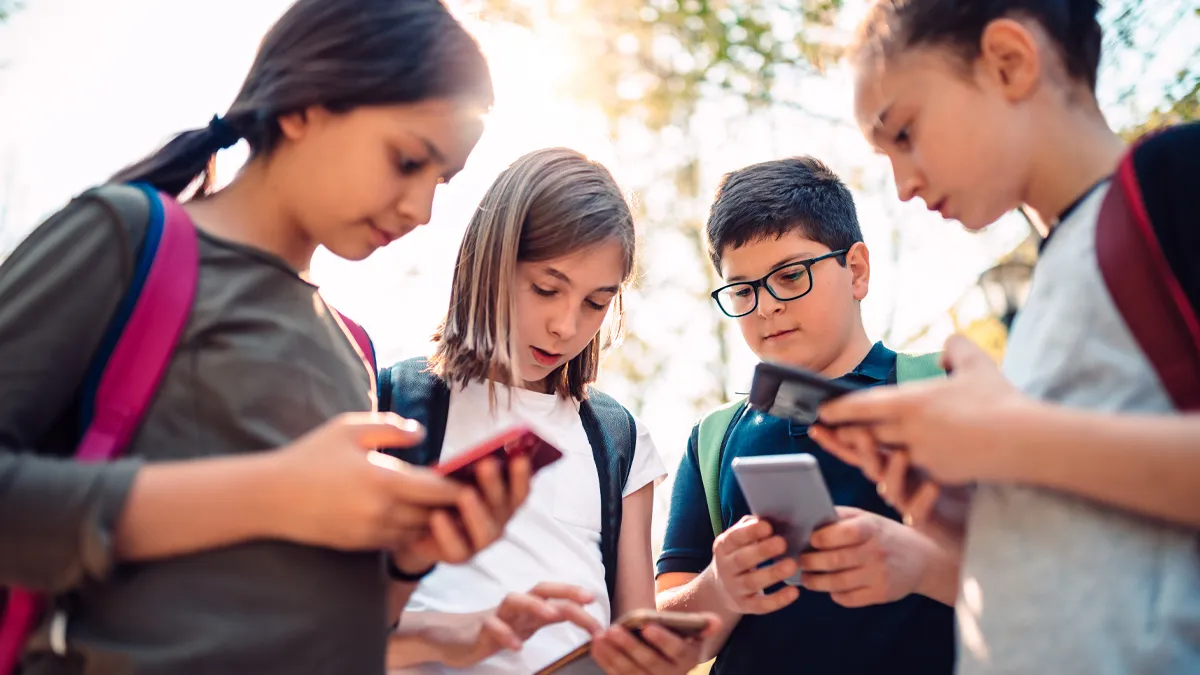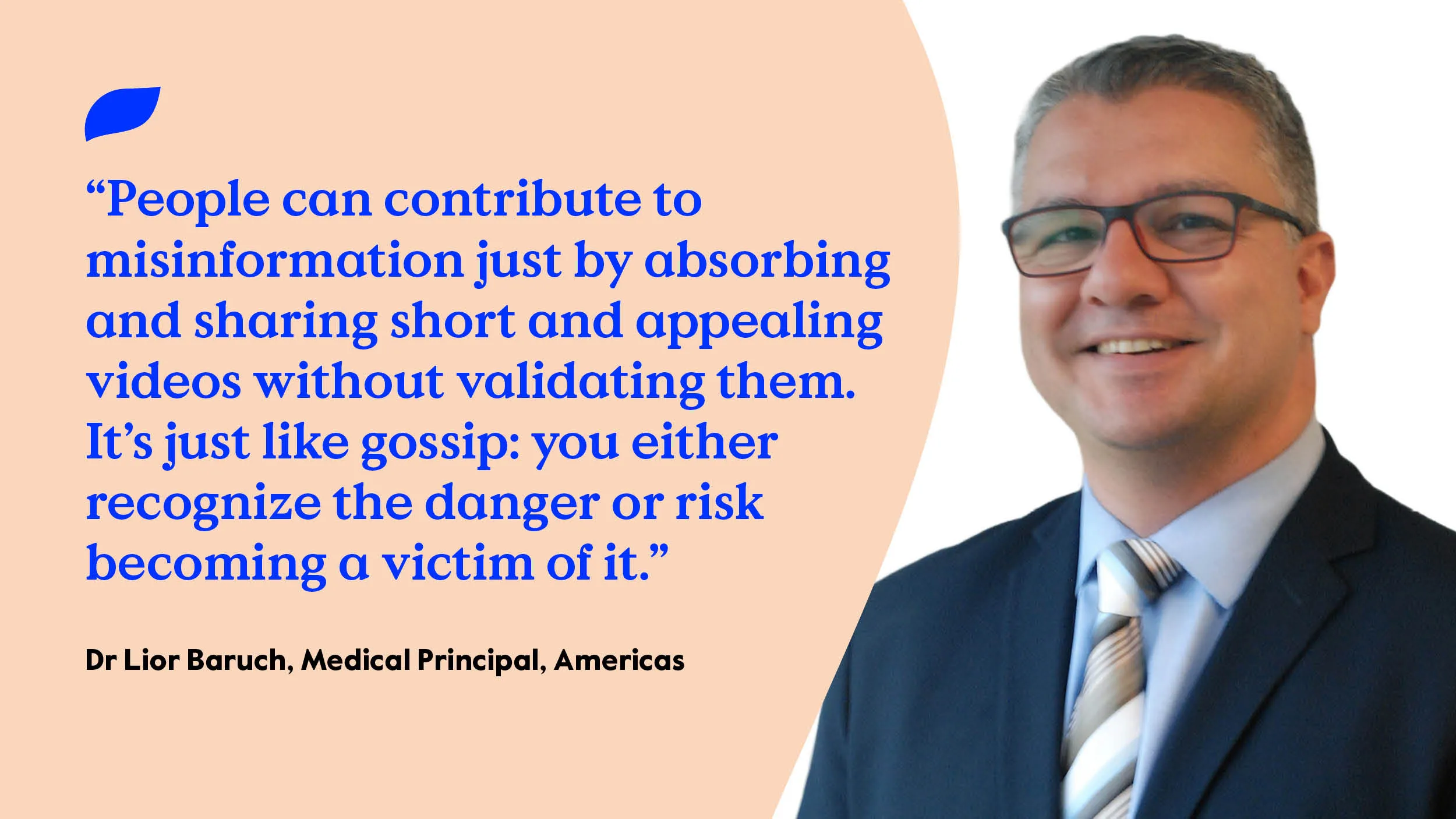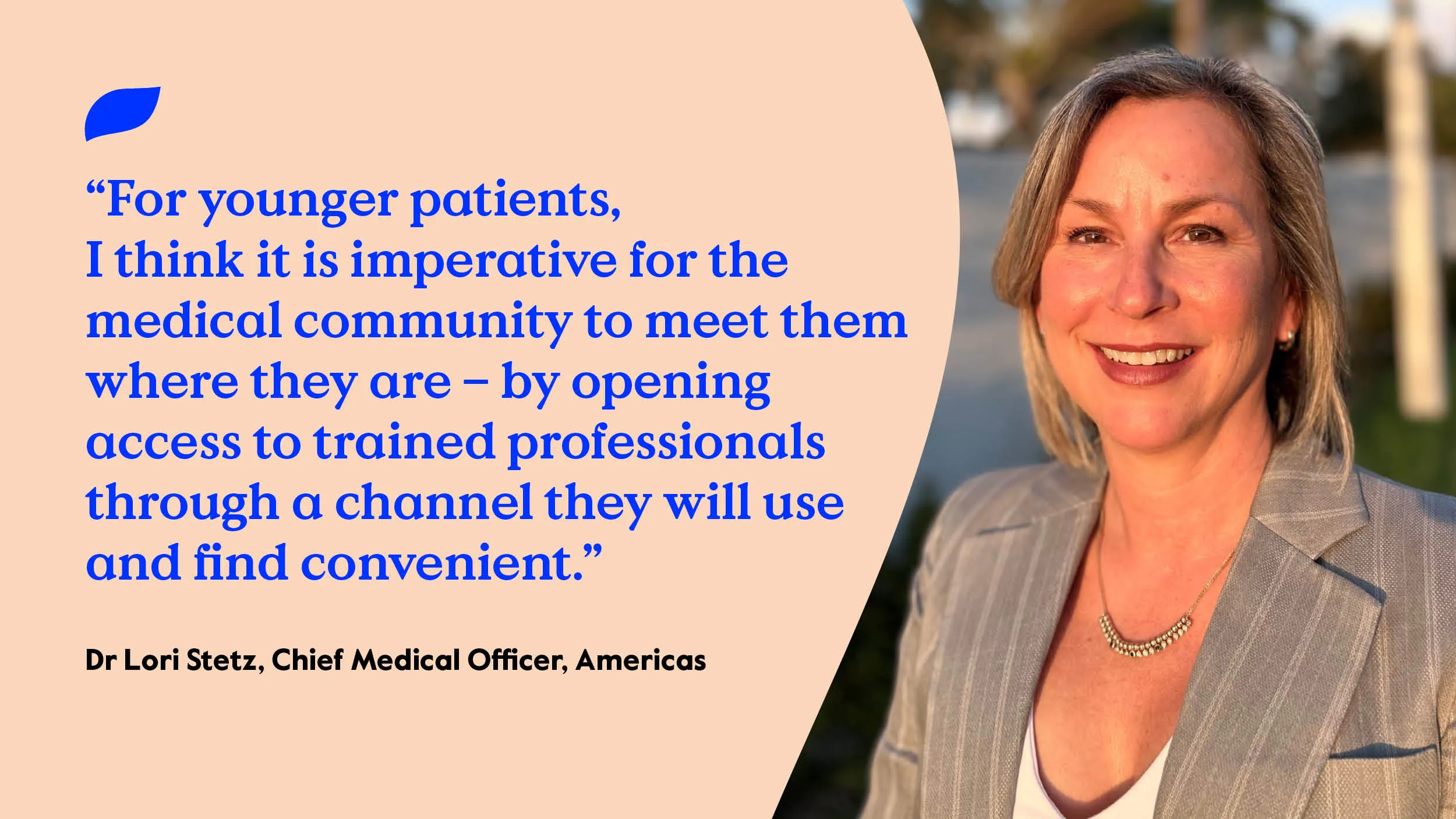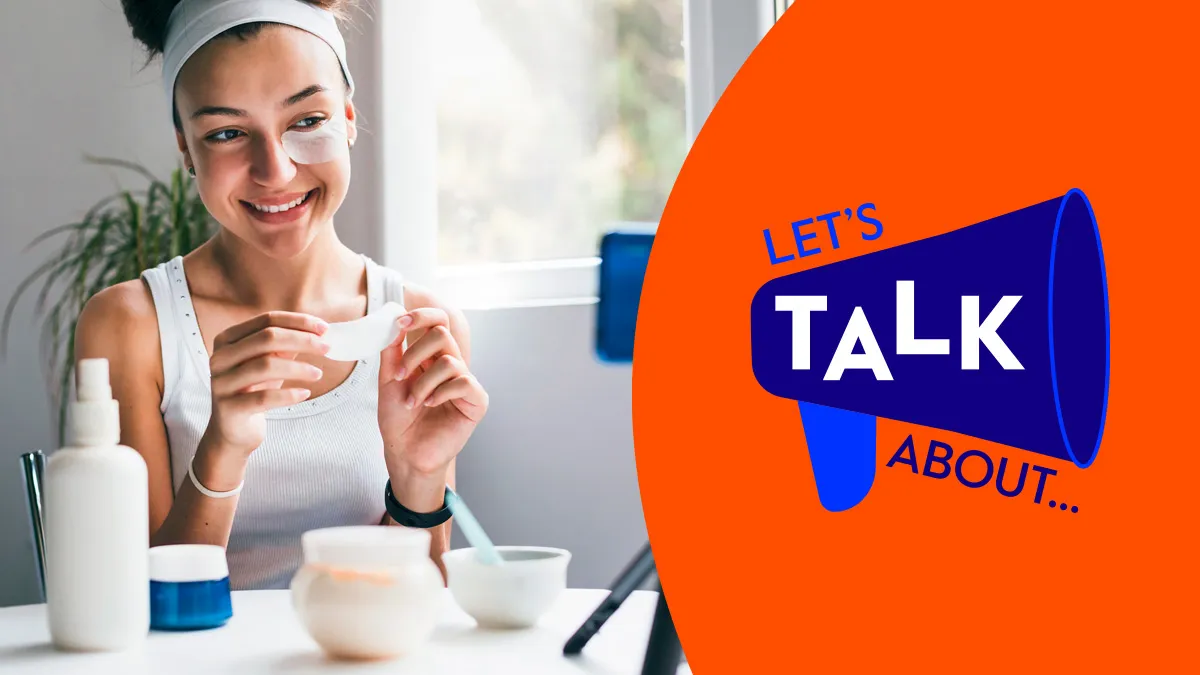- For Providers
- For Brokers
Individuals & Families
- Global Individual Health
- Spanish Domestic Individuals
Employers
- SME Employer Health
- Large Corporation Health
- Spanish Domestic Employers
IGO/NGO
- IGO/NGO Health
Individuals & Families
Top Destinations We Cover
Expat Health Insurance
- Inside Expat Health Hub
- Retiree guide to International health Insurance
- A guide to International health Insurance for working abroad
- Expat Health Insurance Explained
- Student guide to International health Insurance
- Moving abroad while pregnant
Choosing Health Insurance
- Travel Insurance vs International Health Insurance
- Choosing Health Insurance
Country Guides
- Country Guides
FAQ
- Frequently Asked Questions
Employers
Member resources
- Useful Documents & Information
- U.S Prescription Drug List
Client
- Employer Log In
IGO/NGO & Government
Government Officials
- Government Officials
Client
- Employer Log In
Topics
Individuals & Families
-
Types of Cover
-
Where We Cover
-
Resources
- Inside Expat Health Hub
- Retiree guide to International health Insurance
- A guide to International health Insurance for working abroad
- Expat Health Insurance Explained
- Student guide to International health Insurance
- Moving abroad while pregnant
- Travel Insurance vs International Health Insurance
- Choosing Health Insurance
- Country Guides
- Frequently Asked Questions
-
For Members
Employers
-
Employers
-
For Members
IGO/NGO & Government
Health Blog
For Brokers
👍What’s Not to Like?👎 Social media’s impact on health care
👍What’s Not to Like?👎 Social media’s impact on health care
Used by over 5 billion people worldwide, social media has opened up a new frontier for health care. To understand its effects on health care and health care professionals, we spoke to some of our Cigna Healthcare experts who have experience as clinicians, surgeons, pharmacists, and mental health professionals for their insights and experiences.
Used by over 5 billion people worldwide, social media has opened up a new frontier for health care. To understand its effects on health care and health care professionals, we spoke to some of our Cigna Healthcare experts who have experience as clinicians, surgeons, pharmacists, and mental health professionals for their insights and experiences.
Spread of misinformation
Our frontline professionals’ first observation was often about misinformation. They now frequently meet with patients who have searched social media or online for advice before their appointment. In a 2020 survey of young people (15-35 years old) experiencing mental health issues, 81% turned first to the Internet with the onset of symptoms, while many preferred using the Internet (41%) to asking a professional (43%).
Dr Tony Leung, Associate Medical Director, APAC has experience of encountering people with heavily pre-conceived ideas about their condition: “Patients often enter a consultation room with pre-determined expectations based on what they’ve read or ‘researched’ via social media. While this is not unlike the earlier ‘Dr. Google’ trend, social media has spawned a new trend of ‘short-form’ research that misses out key facts. Social media is great at drawing attention to an issue, but it’s not always well placed to provide complex information. Patients’ thought processes are often already framed by highly curated social media posts, making it more difficult to combat pre-conceptions.”
As the health care community knows only too well, social media is often the ideal vector for misinformation. A 2022 systematic overview by the WHO of worldwide reviews on “infodemics” and health misinformation found that up 50% of social media posts about vaccines contained false information, as did up to 60% of those about pandemics. At the same time, between 20-30% of YouTube videos about emerging infectious diseases contained inaccurate or misleading information.

Dr Valeria Campozano-Cruz, Medical Advisor, North America says, “It’s common to have patients who’ve already reviewed every blog and article related to their condition. I usually encourage patients to do this but direct them to reliable sources of information. Unfortunately, that’s not always the outcome. For example, we have patients with diabetes relying on Facebook posts or a neighbor’s text about how insulin shots will make them blind.”
Unscientific misinformation and marketing can be especially prevalent and/or damaging in particular areas, as Dr Marco Franceschin, International Medical Advisor, Cigna European and Global Segment Integrated Health Team, told us, identifying mental health and obesity as particular areas of concern. He is especially alarmed by the rise of non-scientific treatments like homeopathy to treat these and other conditions. “In the ‘post-truth’ era, more and more people are skeptical about scientific data and doctors’ decisions, looking for their own answers. We need to spread a scientific mentality in the population, giving them the right tools to understand how doctors and scientists in general, think and use references for the decision process. Education always comes first,” he says.
Dr Lior Baruch, Medical Principal, Americas reflects on how easily falsehoods can spread: “People can contribute to misinformation just by absorbing and sharing short and appealing videos without validating them. It’s just like gossip: you either recognize the danger or risk becoming a victim of it.”
Self-diagnosis and self-medication
With the average American now spending two and half hours per day on social media, it is hardly surprising that this will be many people’s first port of call when facing a medical issue. A recent study found that one in four people in the US have self-diagnosed based on social media. The positive side can be that it leads patients to seek professional advice, as 43% of those who self-diagnosed later followed up with a medical professional about a disease or illness they discovered on social media.
Dr. Baruch explains the challenge health professionals face from widespread self-diagnosis, mentioning a recent news story about people misdiagnosing themselves with autism based on TikTok videos. But he admits that the tendency to self-diagnose is universal: “Even as doctors, we tend to absurdly self-diagnose ourselves while in medical school. It’s only with thorough experience and education that we are in a position to educate our patients – reassuring them that they don’t actually have a deadly disease, but in fact, a common condition that can be overcome straightforwardly.”

A greater danger that medical professionals point to is the all-too-frequent next step from self-diagnosis: self-medication. A 2022 study from Brazil found that digital influencers and YouTubers frequently disseminate information about the benefits they achieve using medicines – often for purely aesthetic purposes. Research in the cities of Makkah and Jeddah in the Kingdom of Saudi Arabia last year found that 64.6% of the general public practice self-medication, even though 65.9% understand this can be harmful.
Cara Acklin, Senior Clinical Pharmacist talks about the impact of self-medication she has witnessed as a practicing pharmacist in the US: “We are already seeing shortages of the new GLP-1 weight loss drugs coming onto the market. Social media is encouraging use even for people who are not obese or overweight but rather just want to lose a few pounds to look good at a wedding or on vacation. While these drugs are effective, it’s important to be monitored by a health care professional to avoid side effects. Furthermore, social media claims often make it seem like a pill can magically resolve a problem, when in reality there’s a wide variance in how individuals may respond to treatment.”
For some health workers, the biggest social media challenge stems from product marketing rather than popular rumor or falsehoods. In central Strasbourg, France, where pharmacist advisor Liana Dragos sees the impact in her community pharmacy, tourists pour in every summer looking for French dermo-cosmetic and cosmetic brands. “We notice there are always two or three products being intensively promoted at any one time,” says Liana. “People from many different countries all ask for the exact same products, and they are all on their phones when they step inside. This illustrates the huge impact social media advertising can have on consumers.”
Liana notes that bad advertising can make customers very confident that what they’ve seen on social media is the “best” product, even if it is not relevant to their need. “For example, retinol ointment – intended for acne – is promoted as an antiwrinkle product, hyaluronic acid cream – used to treat acute/chronic wounds and leg ulcers – is promoted as an antiwrinkle cream, or a repairing cream might be applied to acne-prone skin – which can be counterproductive. The same happens with sunscreen products. Nevertheless, with the right explanation we can guide the customer to choose the product that’s most suitable for their skin.”
Impact on children
Social media skincare marketing is a major industry in its own right, with one top “skinfluencer” boasting 4.5 million followers last year. Unfortunately, this kind of content can be detrimental for children’s health. A recent article in Fortune describes the rashes and other harmful impacts that young girls are presenting with after using products they discovered on social media.
Dr Campozano-Cruz is very familiar with this problem: “We’re seeing the phenomenon of 10-year-olds applying skin care products they don’t need and will likely affect them later. Lack of regulation to control treatments for weight loss, hair loss, PCOS, etc. means that some people, especially the youngest among us, start self-diagnosing and self-treating for conditions without any kind of clinical support.”
Another major health concern surrounding young people’s use of social media is the rise of diet culture. Data from 50 studies in 17 countries last year indicated that social media usage leads to body image concerns, eating disorders/disordered eating and poor mental health through social comparisons, thin/fit ideal internalization, and self-objectification.
Cara Acklin says: “Kids and teens can be very susceptible to influence from social media. This is especially evident in online diet culture, where extremely underweight people are celebrated, causing a skewed perception of reality and potentially leading to eating disorders.” Fortunately, this link is now well understood, and increasingly something that people can talk about openly, including a new generation of celebrities.
Harnessing the positives
Positive pushback from celebrities is emblematic of the kind of positive impact social media can have, as many medical professionals recognize. For example, Cara Acklin welcomes social media’s ability to open discussions around mental health: “I do believe that social media is removing some of the stigma that has been associated with mental health issues. Especially in Gen Z, we see broad acknowledgement of mental health conditions and encouragement to seek help.”
How health care actors can use social media to make a positive difference:
1) Access: Accurate health information and education can be shared quickly and effectively, raising awareness about multiple medical conditions, even across different cultures. This space allows for discussion of different conditions, treatment options, access to care, and even preventive measures.
2) Community building: Social media connects patients with health care professionals and support and affinity groups, fostering a sense of community among individuals facing similar health challenges.
3) Broadcasting: Health care organizations also utilize social media to promote healthy behaviors, share wellness tips, and encourage patients to adopt active lifestyles.
4) Two-way communication: Social media can be a great conduit to ask questions or get advice from health care providers, and to open up discussion about modern trends.
5) Professional tools: Health care workers now have access information and can fine-tune delivery toward particular needs.
Dr Campozano-Cruz too believes social media itself can play a major role in remedying the negative aspects: “In fact, there are wonderful social media resources available: patients who want to feel accompanied during their health journey can watch or listen to other people going through the same experience. For example, I’ve found excellent content on Instagram and TikTok for Diabetes 1 patients, especially teenagers. They can get the best tips to manage their condition, easy tricks to maintain glucose monitors or pumps, advice on cheat meals and how to calculate the correct insulin, etc. – all provided by their peers in language they relate to.”
Social media also creates spaces where medical professionals to talk to young people directly, as Dr Lori Stetz, Chief Medical Officer, Americas appreciates: “For younger patients, I think it is imperative for the medical community to meet them where they are – by opening access to trained professionals through a channel they will use and find convenient.”

These observations about the plus side of social media encapsulate the experiences of our health professionals across disciplines. Having seen and endured its worst aspects in their work, especially over the last few years, they nevertheless recognize its positive potential. Health workers now have a better grasp of social media as a tool, and their challenge is to use it effectively for the benefit of their patients.
Related articles
©Cigna 2024
This article serves only as a reference and is intended for informational purposes only. Nothing in this article constitutes legal, tax, financial planning, health or medical advice including diagnosis or treatment. Any reference to products or services offered by Cigna are available except where prohibited by applicable law and subject to terms and conditions
Contact Us
Whether you wish to speak to our sales team or get general help if you are already a Cigna Healthcare® member, we’ll get you to the right information.
Contact InformationPopular Links
Resources
© Cigna Healthcare. All rights reserved.
*Please note, this is a representation of the benefits available and does not contain the terms, conditions, and exclusions specific to each benefit. The benefits may be subject to change. Some benefits may be part of an optional module. Please see the Customer Guide for full details.
This website is provided by Cigna European Services (UK) Limited, a company incorporated in England and Wales having its registered address at 13th Floor, 5 Aldermanbury Square, London EC2V 7HR and registered number 00199739. The Cigna Healthcare name, logo and other Cigna Healthcare marks are owned by Cigna Intellectual Property, Inc., licensed for use by The Cigna Group and its operating subsidiaries.
Our Policies are underwritten by Cigna Global Insurance Company Limited, a private limited company under Guernsey Law, with registered address office at PO Box 155, Mill Court, La Charroterie, St Peter Port, Guernsey, GY1 4ET, and company number 41925. Cigna Global Insurance Company Limited is authorised and regulated by the Guernsey Financial Services Commission for the conduct of insurance business in Guernsey.
This communication is being issued and/or distributed by Cigna Insurance Management Services (DIFC) Limited which is regulated by the Dubai Financial Services Authority.
Selecting these links will take you away from Cignaglobal.com. Cigna Healthcare does not control the linked sites' content or links.

